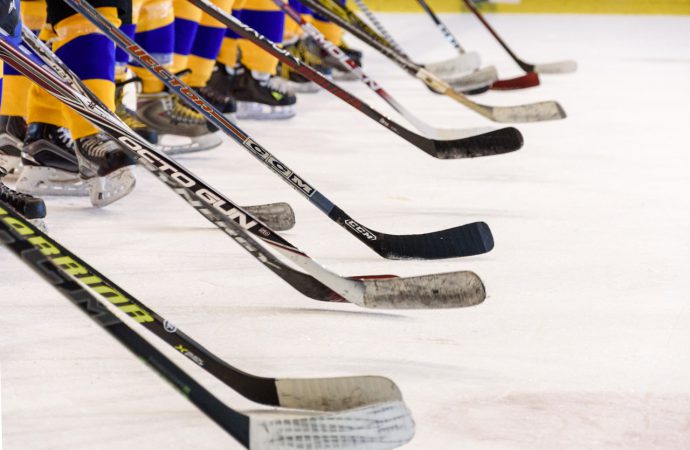The International Federation is gathering sustainability information from event organisers with the ambition of creating a set of standards for future competitions
The International Ice Hockey Federation (IIHF) has started to gather sustainability information from event organisers with the ambition of creating a standard or set of requirements for future competitions.
Questionnaires – or ‘sustainability profiles’ – are being distributed for event organisers to disclose information around transportation, waste, energy, infrastructure and procurement so the IIHF can discover where good practice is occuring, as well as any gaps.
Throughout the 2019 season, the International Federation will continue to collect and log data of this kind with the ambition of supporting event organisers to become more sustainable – and to develop a set of guidelines to follow, or a “minimum standard of sustainability.”
A handful of event organisers have already submitted data, and findings will be presented at a Environment and Social Activities committee meeting by Kira Rieder, the IIHF’s marketing and communications manager, and Beate Grupp, IIHF councilwoman and chairwoman of the committee.
“We will discuss the next steps with the committee members to see if we want to start implementing a few steps next season,” Rieder told The Sustainability Report. “We don’t want to lose any of the information so we will keep this data online and implement this work every year.”
In 2015, the IIHF published its own Manual for Sustainable Events to help event organisers with a number of topics, including the promotion of environmentally-friendly transport, waste management, renewable energy and procurement.
And while there is some good practice being implemented at various events – such as the distribution of reusable water bottles at a recent World Junior Championships – much of it wasn’t being documented.
“The eventual goal is to develop the standard or requirement, but at the moment we’re just in the phase of creating an overview and gathering information. When we launched the manual we had the problem that a lot of people were telling us what they were doing, but they didn’t have the documentation,” said Rieder.
“So with this questionnaire, or profile, we can see what organisers are struggling with and what they are already implementing.”










Leave a Comment
Your email address will not be published. Required fields are marked with *